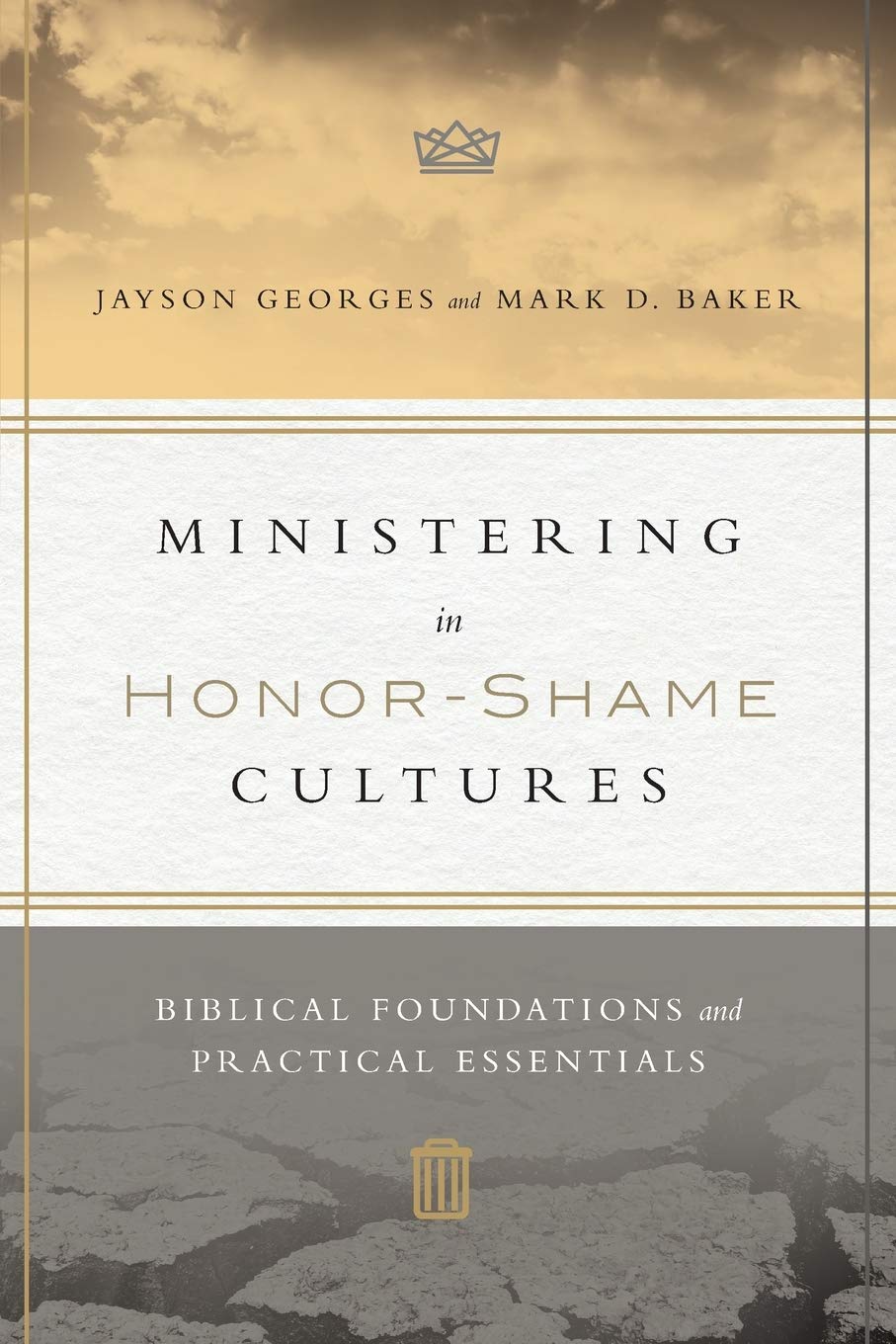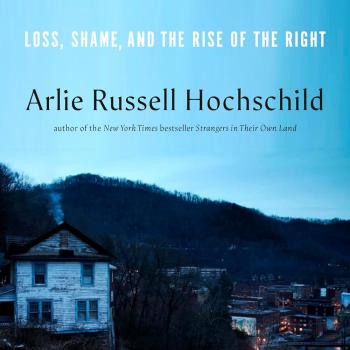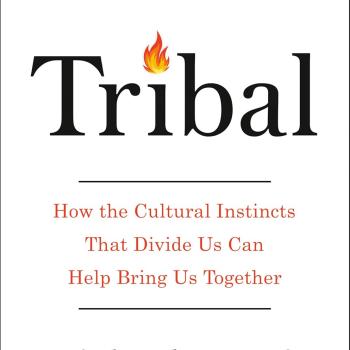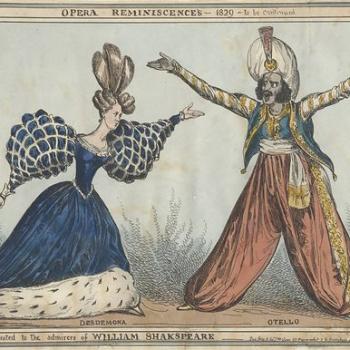As you might imagine, I often get asked for book recommendations from people who want to learn about honor and shame. Answering that question is challenging for several reasons. First, I’ve read a lot on the subject. Second, many works are not accessible to most readers because they are technical or expensive. Third, different books serve different functions for different readers.
So, the following list is a starting point. No doubt, this is a long overdue post.

I don’t label these “my favorite honor-shame books” for the same reasons I just mentioned. However, I chose the works below based on their quality, significance, and accessibility. Therefore, please take no offense if I did not include a (your) book. You haven’t “lost face,” even if I’m not giving you face in this post. :)
Because publishers target diverse audiences, one expects specific emphases in some books that you won’t find in others. Hence, I distinguish “Mainstream Publishers” from “Christian Publishers.”
Note: Recommendations do not imply that I endorse everything they affirm.
Books from Mainstream Publishers
The Status Game: On Social Position and How We Use It (Will Storr)
There’s something humans desire even more than gold. It’s a fundamental drive that’s common to all humanity, cutting across race, gender, age and culture. Our need for it is such that exactly how much of it we possess dramatically effects not only our happiness and well-being but also our physical health.
It’s status, argues Will Storr. You can’t understand human behaviour without understanding The Status Game. This game, which we are all playing, is not only the secret of our success, but also of our most evil behaviour.
* This is my new favorite mainstream honor-shame book! I read it twice in two weeks.
The Honor Code: How Moral Revolutions Happen (Kwame Appiah)
Intertwining philosophy and historical narrative, he has created “a fascinating study of moral evolution” (Philadelphia Inquirer) that demonstrates the critical role honor plays a in the struggle against man’s inhumanity to man.
Why Honor Matters (Tamler Sommers)
To the modern mind, the idea of honor is outdated, sexist, and barbaric. It evokes Hamilton and Burr and pistols at dawn, not visions of a well-organized society. But for philosopher Tamler Sommers, a sense of honor is essential to living moral lives. In Why Honor Matters, Sommers argues that our collective rejection of honor has come at great cost.
I review & discuss the book here.
Moral Psychology of Confucian Shame: Shame of Shamelessness (Bongrae Seok)
Seok argues that shame is a genuine moral emotion and moral disposition. Engaging with recent studies of social psychology, cultural psychology, biology, and anthropology, Seok explains that shame is a uniquely evolved form of moral emotion that is comparable to, but not identical with, guilt.
I review & discuss the book here and here.
Daring Greatly (Brene Brown)
Brown explains how vulnerability is both the core of difficult emotions like fear, grief, and disappointment, and the birthplace of love, belonging, joy, empathy, innovation, and creativity. She writes: “When we shut ourselves off from vulnerability, we distance ourselves from the experiences that bring purpose and meaning to our lives.”
Books from Christian Publishers
Biblical/Theological/Philosophical
Defending Shame: Its Formative Power in Paul’s Letters (Te-li Lau)
This book shows how Paul uses shame to admonish and to transform the minds of his readers into the mind of Christ. The author examines Paul’s use of shame for moral formation within his Jewish and Greco-Roman context, compares and contrasts Paul’s use of shame with other cultural voices, and offers a corrective understanding for today’s church.
I dedicated an entire series of posts to this book and written formal book reviews.
 Misreading Scripture through Individualist Eyes: Patronage, Honor, and Shame in the Biblical World (Randolph Richards, Richard James)
Misreading Scripture through Individualist Eyes: Patronage, Honor, and Shame in the Biblical World (Randolph Richards, Richard James)
The Bible was written within collectivist cultures. When Westerners, immersed in individualism, read the Bible, it’s easy to misinterpret important elements―or miss them altogether. In any culture, the most important things usually go without being said. So to read Scripture well we benefit when we uncover the unspoken social structures and values of its world.
I review and discuss the book here.
Honor, Patronage, Kinship & Purity: Unlocking New Testament Culture (David deSilva)
Contemporary Western readers may find it surprising that honor and shame, patronage and reciprocity, kinship and family, and purity and pollution offer us keys to interpreting the New Testament.
But as recent scholarship has proposed and as David deSilva demonstrates, paying attention to these cultural themes opens our eyes and ears to new discoveries and deeper understanding.
Conformed to the Image of His Son: Reconsidering Paul’s Theology of Glory in Romans (Haley Goranson Jacob)
With its soaring affirmations and profound statements of salvation in Christ, Romans 8 is a high point in Pauline theology. But what does Paul mean when in 8:29 he speaks of being “conformed to the image of his Son”?
Jacob probes and reopens a text perhaps too familiar and a meaning too often assumed. If conformity to the image of the Son is the goal of salvation, a proper understanding is paramount. Jacob points out that the key lies in the meaning of “glory” in Paul’s biblical-theological perspective and in how he uses the language of glory in Romans.
For Shame: Rediscovering the Virtues of a Maligned Emotion (Gregg Ten Elshof)
Gregg Ten Elshof examines this potent emotion carefully, distinguishing between it, embarrassment, and guilt and carefully tracing the positive role shame has played historically in contributing to a well-ordered society.
While casting off unhealthy shame is always a positive, Ten Elshof demonstrates the surprising, sometimes unacknowledged ways in which healthy shame is as needed as ever. On the other side of good shame, he argues, lie virtues such as decency, self-respect, and dignity–virtues we desire but may not realize shame can grant.
I review & discuss the book here.
Missions and Ministry Practice
 Ministering in Honor-Shame Cultures: Biblical Foundations and Practical Essentials (Jayson Georges, Mark Baker)
Ministering in Honor-Shame Cultures: Biblical Foundations and Practical Essentials (Jayson Georges, Mark Baker)
The authors help us decode the cultural script of honor and shame. What’s more, they assist us in reading the Bible anew through the lens of honor and shame, often with startling turns. And they offer thoughtful and practical guidance in ministry within honor-shame contexts. Apt stories, illuminating insights and ministry-tested wisdom complete this well-rounded guide to Christian ministry in honor-shame cultures.
I discuss the book here.
Ministering in Patronage Cultures: Biblical Models and Missional Implications (Jayson Georges)
Patronage governs many relationships in Majority World cultures. But regrettably, Western theologians and missionaries rarely notice this prominent cultural reality. Patronage―a reciprocal relationship between social unequals―is a central part of global cultures and the biblical story of God’s mission. Misunderstanding patronage creates problems not only for Westerners ministering in other cultures, but also for contemporary people reading the Bible.
I review & discuss the book here.
The Global Gospel: Achieving Missional Impact in Our Multicultural World (Werner Mischke)
The Global Gospel describes how the honor/shame dynamics common to the Bible and many Majority World societies can be used to contextualize the gospel of Christ so it will be more widely received. The Global Gospel impacts how we read the Bible, how we preach the gospel, how we understand our mission, how we train leaders, how we collaborate in the global church.
I review & discuss the book here.
Popular Audience Recommendations
Seculosity: How Career, Parenting, Technology, Food, Politics, and Romance Became Our New Religion and What to Do About It (David Zahl)

Being enough is a universal longing.
Seculosity makes the case that being religious is alive and well in modern society. While American organized religion may be declining, the desire to fill the void with everyday life pursuits is another form of worship.
The Soul of Shame: Retelling the Stories We Believe About Ourselves (Curt Thompson)
Whether we realize it or not, shame affects every aspect of our personal lives and vocational endeavors. It seeks to destroy our identity in Christ, replacing it with a damaged version of ourselves that results in unhealed pain and brokenness. But God is telling a different story for your life.
Vainglory: The Forgotten Vice (Rebecca Konyndyk DeYoung)
DeYoung tells the story of this vice, moving from its ancient origins to its modern expressions. She defines vainglory, gives examples from popular culture, explores motivational sources, and discusses other vices associated with it such as hypocrisy and boasting.
After exposing the many ways in which vainglory can rear its ugly head, she explores personal spiritual practices that can help us resist it and community practices that can help us handle glory well.
I review & discuss the book here.
My Own Contributions
It doesn’t feel right to include my own book in my top recommendations. But, yes, I’ve written a bit on the subject. Here are a few places you’ll find my thoughts on the topic.
Reading Romans with Eastern Eyes: Honor and Shame in Paul’s Message and Missions
Saving God’s Face: A Chinese Contextualization of Salvation through Honor and Shame
Honor, Shame, and the Gospel: Reframing Our Message and Ministry
Worth Mentioning
Many books are not directly about honor and shame but are worth mentioning because they address critical topics integrally tied to honor and shame. Here are a couple:
Paul and the Gift (John Barclay)
John Barclay presents a strikingly fresh reading of grace in Paul’s theology, studying it in view of ancient notions of “gift” and shining new light on Paul’s relationship to Second Temple Judaism. Paul and the Gift centers on divine gift-giving, which for Paul, Barclay says, is focused and fulfilled in the gift of Christ.
In my opinion, the book is the most significant book in biblical theology over the past 30 years. This is a dense academic work. His popular-level work on the subject is Paul and the Power of Grace.
I review & discuss the book in multiple posts.
Caste: The Origins of Our Discontents (Isabel Wilkerson)
Beyond race, class, or other factors, there is a powerful caste system that influences people’s lives and behavior and the nation’s fate. Linking the caste systems of America, India, and Nazi Germany, Wilkerson explores eight pillars that underlie caste systems across civilizations, including divine will, bloodlines, stigma, and more.
Well, those are my recommendations. What would make the top of your recommendations list?












